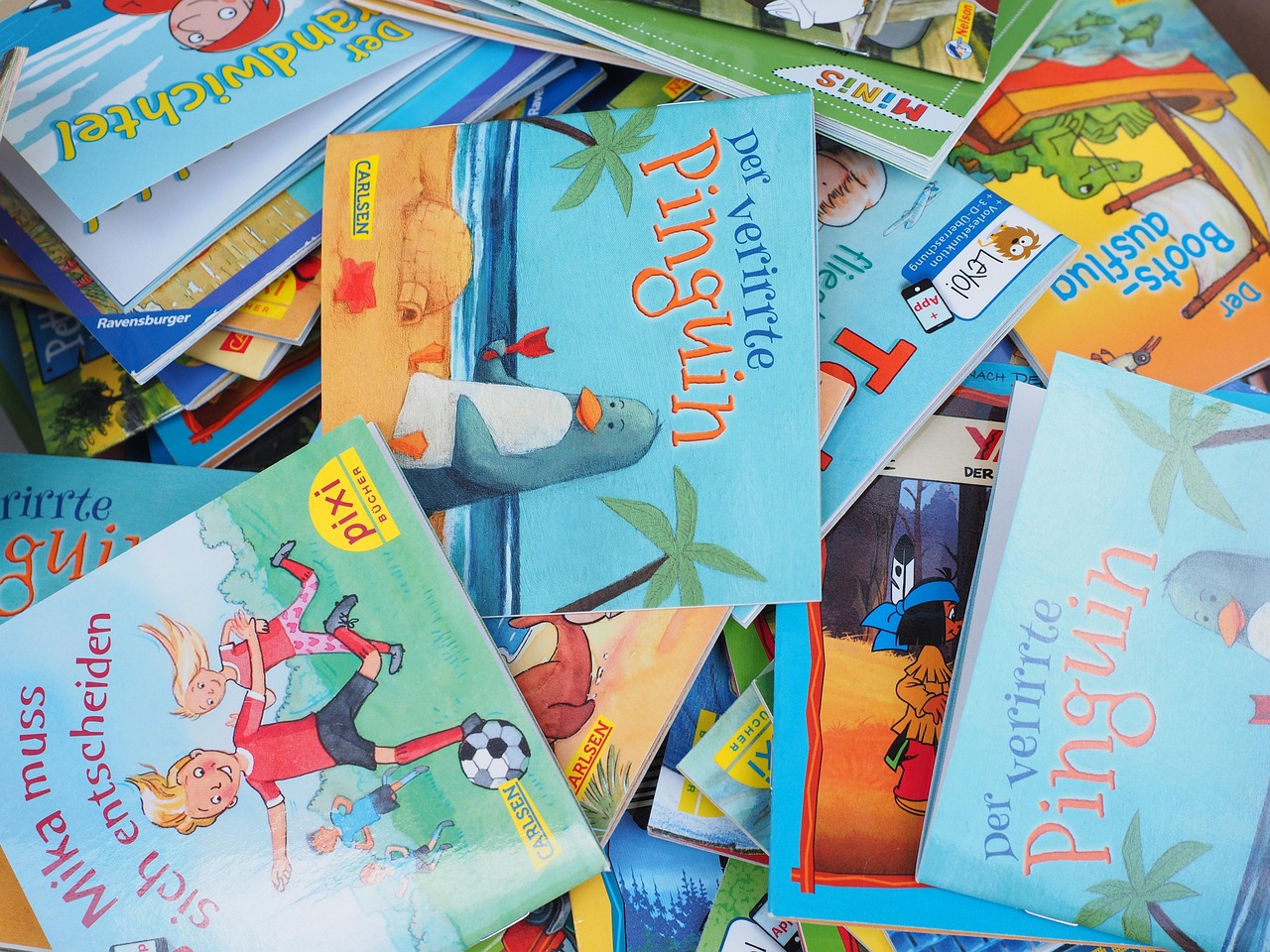Article Title:The politics of terror: Rereading 'Harry Potter'
Abstract:
This article claims that J.K. Rowling's Harry Potter series, with its use of magic, frightening storylines, and character ambiguity is beneficial to children who are dealing with issues related to terror and terrorism. The author explains that the scenarios presented in Rowling's series teach children strategies for coping with both physical and psychological victimization, and argues that the series explores morality issues, allowing child readers to analyze terror-related questions such as why some people are considered evil, why difference is often believed to be bad, and why good people do bad things. It is acknowledge that many critics believe that the same elements claimed as beneficial in the essay are actually immoral and dangerous to child readers. These critics' evaluations are countered in two ways: first, the author uses expert evidence to demonstrate that children are capable of distinguishing between fantasy and reality by cope with terror, and second, the author examines and interprets specific passages within the series to demonstrate how various scenes lead children to explore important, yet frightening issues while remaining in an emotionally safe state. The author concludes that the series has proven to be more beneficial than harmful by presenting evidence gathered from actual child readers who state that the Harry Potter series has allowed them to confront and cope with terror and terrorism in their own lives.
Keywords: terror; children's literature; fantasy
DOI: 10.1023/B:CLID.0000018899.06267.11
Source:CHILDRENS LITERATURE IN EDUCATION
Welcome to correct the error, please contact email: humanisticspider@gmail.com



